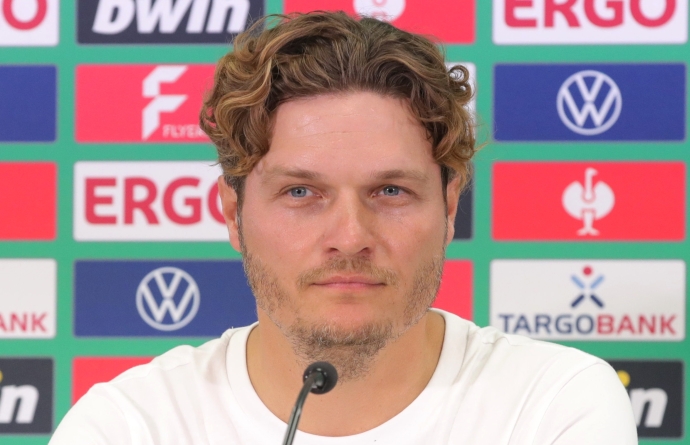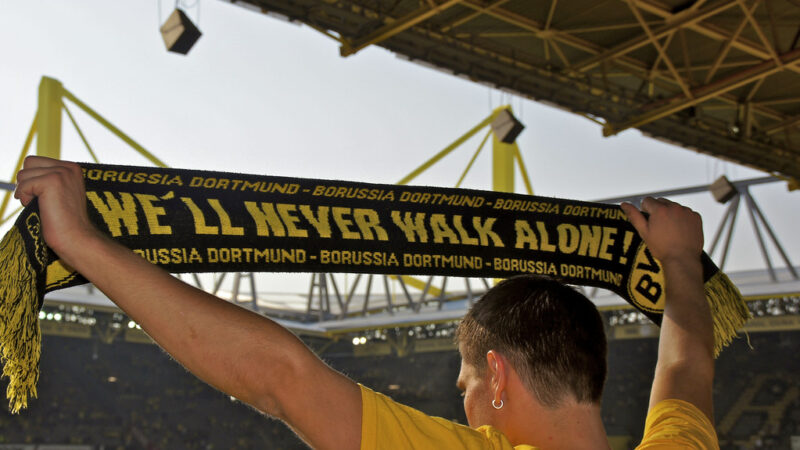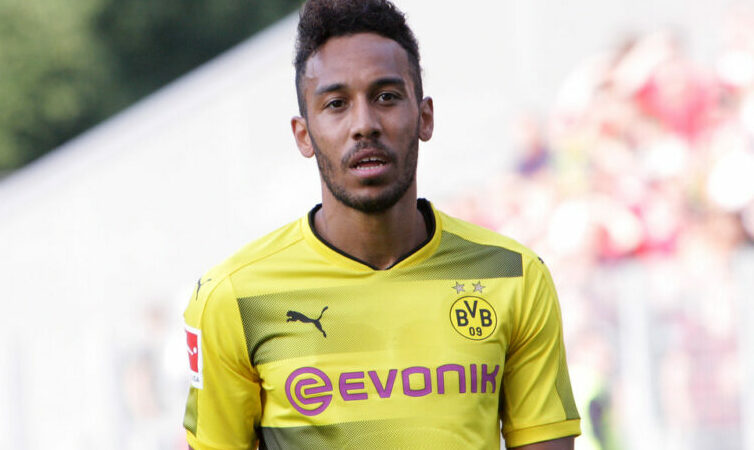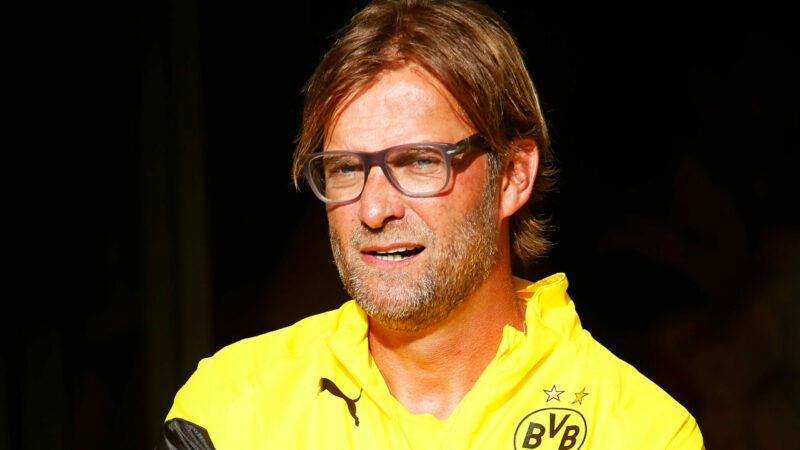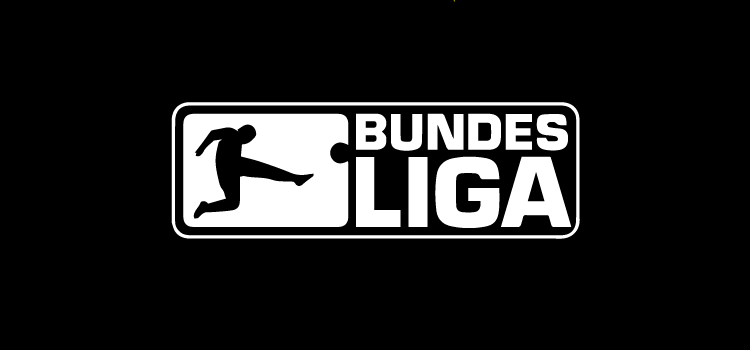From the Touchline: When a Player Isn’t a Player, But a Brand
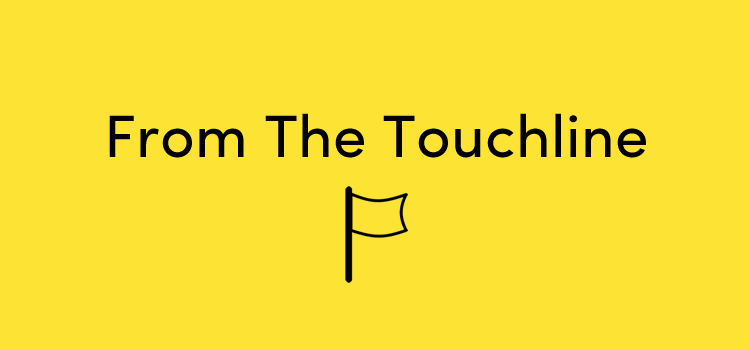
I was struck by an article I read this week on the company Nest. This company made its name in the home comfort arena, with its WiFi enabled thermostats marketed as a more cost-efficient and intelligent way to moderate a dwelling’s temperature. Nest, however, is now moving away from that brand in the face of competition from companies like Ecobee and Honeywell. Instead, it struck a partnership with Alphabet (Google’s parent company) and now creates smart device hubs. These devices still moderate how many degrees centigrade your kitchen is, but also integrate with Google’s voice assistant to allow you to control all of your smart devices from one central point. Nest saw that the niche it founded was being overrun and rather than double down, decided to become something even more modern in a short period of time.
Why do I share this in a column about the modern football manager? The modern footballer is a lot like a corporation. For years, footballers made their money with their on-the-field skills. If you were a world class player, you were paid (relatively) like a world class player. Now, this usually meant a little more than your ‘mates, but there was still a hierarchy. When companies began to invest in clubs, they saw an avenue to increase their brand through players. The smart footballers recognised that, like their clubs, they could sign endorsements and attract new customers, thus increasing their value beyond what they do on the pitch for 90 minutes every week. What is born is the modern, marketable super-footballer, someone who provides value on the pitch but maybe just as much off of it.
The quintessential example of this is Paul Pogba. The man is a world-class talent but he certainly has weaknesses in his game and has been known to disappear at times. However, he has mastered the art of marketing himself as a brand. When he moved to Manchester United, the deal was announced at 12 AM UK time – which is the morning in Asia and evening in the U.S. The club dispensed with a press release and instead launched a massive, multi-faceted social media campaign including text, pictures, and video. Everything the French midfielder does – from what pics he posts on Snap to what colour the groove in his hair is one week – is designed to create buzz and attention. Managers in the modern game have to accommodate what the less savvy might view as egotism but the smarter see as a post-football career.
This issue has impacted our club as well. It has now come out that Auba was not JUST suspended for (allegedly) jetting off during the international break to party in Spain. Reports are he (allegedly) brought in a film crew to Dortmund facilities to film something for a personal sponsor that happened to not be a club sponsor. Recognition of the line between the companies that support a club and not are important, but this seems like a conflict between the idea of what a player should be doing and what players now do. Auba does not have as many Twitter followers as Pogba, but his feed is full of plugs and endorsements of different products. There is no doubt he is trying to brand himself as a brand, which also may have prompted his desire to move this summer in the same way (albeit in a smaller scale) that Neymar wanted to move to PSG.
Just got my new Nike Vapormax from JDsports 👌🏽⚡️lit🔥 pic.twitter.com/HoGPlyTZHk
— Aubameyang P-E (@Aubameyang7) November 7, 2017
What can managers do in this era of individual brands running about on the pitch? Maybe the best way is to look at Jose Mourinho. The Manchester United manager – a brand himself – seemingly does not publicly discourage his players’ creativity or marketability, and actually works with the ManU social media branding to help his players increase their Q rating. Just like a manager at a corporation has to permit a Millennial space to work on side projects or time to travel outside of work, managers have to recognise this generation of players is not the same as the one he or she came up with. Instead, they will be taking time to film themselves or style their hair in weird ways just so 100 more teenagers in Japan or the U.S. click “like” on their Facebook page. Often this is part of a long-term branding strategy, and just like managers have had to adjust to their clubs making space for advertisers, so must managers make space for players to become their own brand advertisers.

